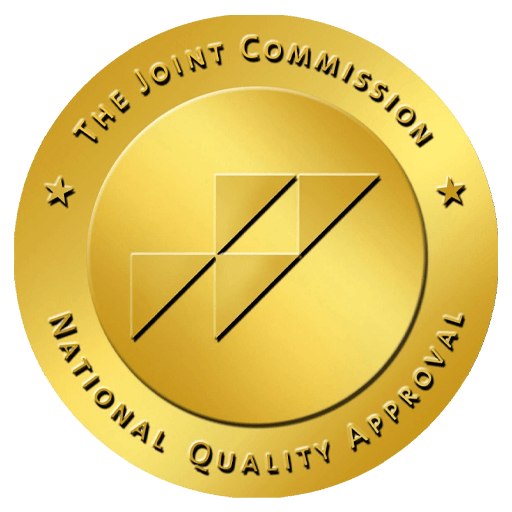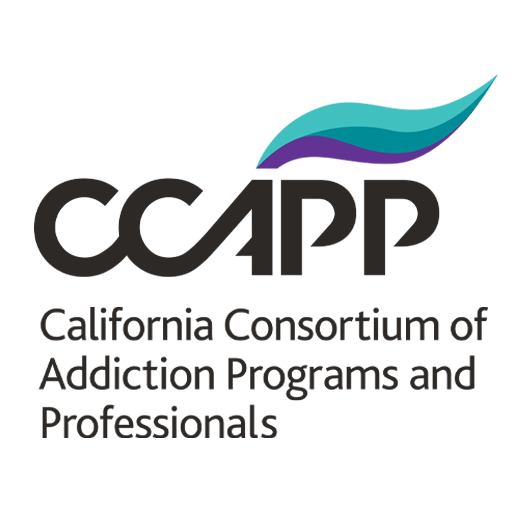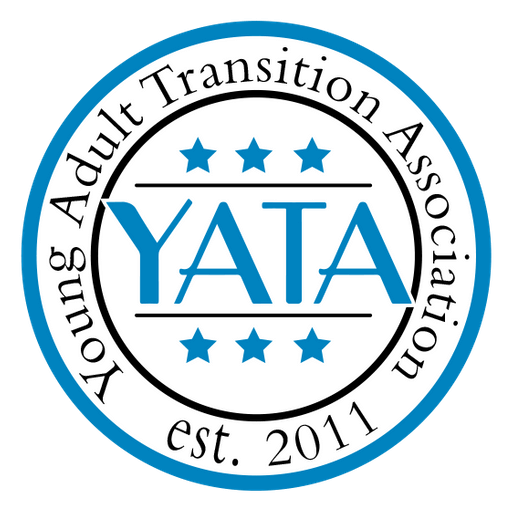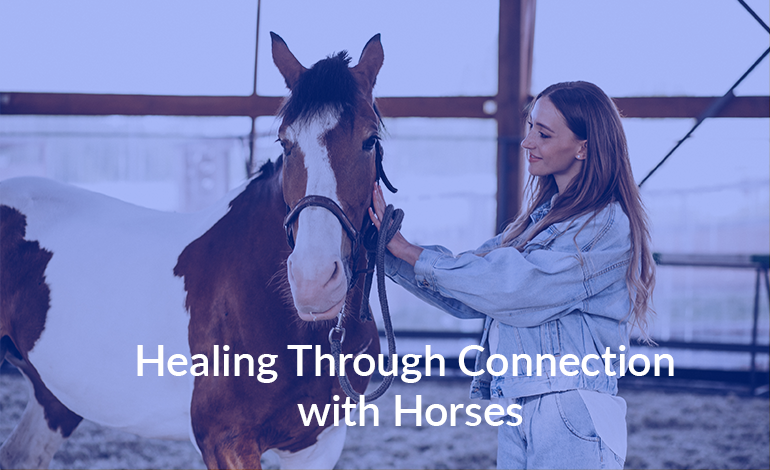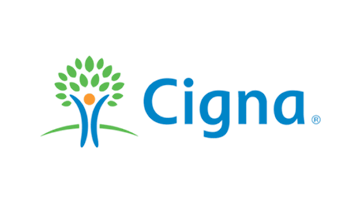In today’s fast-paced and demanding world, people are constantly seeking new and effective ways to manage mental health challenges, reduce stress, and improve physical well-being. Among the various approaches to healing, equine therapy—also known as horse-assisted therapy—has emerged as a powerful and unique method to facilitate both emotional and physical healing.
Unlike traditional therapeutic methods, equine therapy involves direct interaction with horses, allowing individuals to experience profound transformation through the bond between human and animal. Horses, known for their innate sensitivity and ability to mirror human emotions, offer a dynamic and intuitive connection that promotes healing on multiple levels.
In this article, we will delve into the essence of equine therapy, how it works, the different types of equine therapy available, and the benefits it offers for people facing a wide range of challenges. Whether seeking emotional healing, personal growth, or physical rehabilitation, equine therapy provides a remarkable path to recovery.
What is Equine Therapy?
Equine therapy is a therapeutic intervention that involves working with horses in a variety of activities to improve physical, emotional, and psychological health. It is an experiential approach that encourages participants to form a relationship with the horse through activities like grooming, feeding, leading, or riding.
The therapeutic power of horses lies in their remarkable sensitivity to human emotions. Unlike other animals, horses can sense and react to a person’s feelings, such as anxiety, anger, or fear, offering immediate feedback. This instant response creates an opportunity for participants to explore their emotional reactions and develop healthier ways of managing them.
The Science Behind Equine Therapy
Horses have a unique ability to sense and mirror human emotions. They can pick up on subtle body language, facial expressions, and energy levels, allowing them to respond to a person’s mood or state of mind. This connection creates an environment where individuals can become more aware of their own emotional responses, often leading to personal insights that may not emerge in traditional therapy settings.
The science behind equine therapy highlights how the bond between human and horse can trigger healing. Horses have been shown to lower cortisol levels (the stress hormone) and increase levels of oxytocin, the “bonding hormone,” in participants.
These physiological responses contribute to reduced anxiety and stress, fostering a sense of calm and emotional well-being. Moreover, interacting with horses promotes mindfulness, as individuals must stay present and focused on the horse to maintain control and trust. This mindfulness aspect plays a critical role in stress reduction and emotional regulation.
Core Principles of Equine Therapy
- Non-Judgmental Presence
Horses are known for their ability to remain non-judgmental. They do not hold preconceived notions about people, making them ideal companions for individuals struggling with low self-esteem or past trauma. This neutrality allows individuals to explore their emotions in a safe and supportive environment, free from judgment or shame. - Immediate Feedback
One of the most powerful aspects of equine therapy is the immediate feedback horses provide. Horses respond directly to the participant’s body language, tone of voice, and emotions. For example, a horse may become anxious if the person is tense or fearful, or they may remain calm if the individual is centered and confident. This feedback allows the individual to reflect on their actions and adjust their emotional state, fostering a deeper sense of self-awareness. - Mindfulness and Connection
Being with a horse requires a heightened sense of awareness and presence. Participants must be mindful of their actions, intentions, and emotions to communicate effectively with the horse. This practice of mindfulness not only helps in managing stress but also builds a sense of emotional and physical connection with the horse.
Types of Equine Therapy
- Equine-Assisted Psychotherapy (EAP)
Equine-Assisted Psychotherapy (EAP) focuses on addressing emotional and psychological issues, including trauma, depression, anxiety, and addiction. Participants engage in a variety of activities with the horse, such as grooming, leading, or riding, while working closely with a licensed therapist. The therapeutic process often involves discussing the emotions and behaviors that arise during these activities, helping individuals gain insight into their feelings and develop healthier coping strategies. - Hippotherapy
Hippotherapy is a form of physical therapy that uses the movement of a horse to improve motor skills, balance, and coordination. The horse’s rhythmic gait mimics human walking, which stimulates muscle groups and enhances physical function. This type of therapy is particularly effective for individuals with physical disabilities, such as cerebral palsy, multiple sclerosis, or spinal cord injuries. It can also help improve posture, flexibility, and strength. - Equine-Assisted Learning (EAL)
Equine-Assisted Learning (EAL) focuses on developing life skills such as leadership, communication, and problem-solving through interactions with horses. This therapy emphasizes experiential learning, where individuals learn by doing rather than just talking. Working with a horse in EAL helps participants gain confidence, develop trust, and improve their ability to handle challenges.
Benefits of Equine Therapy
Emotional Benefits
- Stress Reduction: The calming effect of horses helps reduce anxiety and stress levels. Spending time with a horse encourages relaxation, which can lower blood pressure and promote a sense of well-being.
- Improved Self-Esteem: Successfully interacting with a horse can help boost self-confidence and self-worth. Participants often experience a sense of accomplishment after completing a task with a horse, such as leading them through an obstacle course or riding them.
- Enhanced Emotional Regulation: Horses offer participants an opportunity to explore and regulate their emotions. For instance, an anxious person may become more attuned to their nervous energy and learn to manage it through deep breathing or other calming techniques.
Psychological Benefits
- Healing Trauma: Equine therapy has proven to be particularly effective for individuals dealing with trauma. The non-verbal nature of the therapy allows individuals to process emotions and experiences that may be difficult to articulate. Horses provide a safe, neutral presence that fosters healing and recovery.
- Increased Focus: The immersive experience of working with a horse requires concentration and attention, which can help improve focus and cognitive functioning.
- Reduction in Symptoms of Depression: By forming a bond with a horse, participants can reduce feelings of loneliness and hopelessness, which are common in depression.
Physical Benefits
- Strengthened Muscles: Equine therapy can enhance physical strength, particularly in the core and lower body. Horseback riding engages multiple muscle groups, improving posture and overall muscle tone.
- Improved Coordination: The dynamic movement of a horse helps individuals improve balance and coordination, which is especially beneficial for those with motor disabilities.
- Enhanced Mobility: For individuals with mobility challenges, hippotherapy can be a valuable tool in improving range of motion and joint flexibility.
Who Can Benefit from Equine Therapy?
Equine therapy is a versatile treatment option that can benefit individuals across a wide spectrum of needs. Some of the key groups that benefit from this therapy include:
- Children with Autism: Horses provide a unique way to help children with autism improve their social skills, communication, and sensory processing. The calm presence of the horse can help children build confidence and trust.
- Veterans with PTSD: Many veterans dealing with post-traumatic stress disorder (PTSD) find equine therapy to be a safe and effective outlet to process their emotions and rebuild trust.
- People Recovering from Addiction: The bond formed with a horse can help individuals in recovery from addiction develop greater self-discipline and accountability.
- Individuals with Disabilities: Equine therapy offers a range of benefits for people with both physical and mental disabilities. It helps them improve mobility, coordination, and emotional well-being.
Conclusion
Equine therapy is more than just an interaction with horses—it is a profound journey of self-discovery, personal growth, and healing. By fostering trust, mindfulness, and emotional regulation, this unique form of therapy opens doors to new possibilities for individuals struggling with trauma, mental health issues, and physical disabilities.
The bond formed between human and horse offers a transformative experience that can lead to lasting change. Whether you’re seeking to improve emotional well-being, overcome trauma, or enhance physical mobility, equine therapy provides a powerful and holistic approach to healing.





